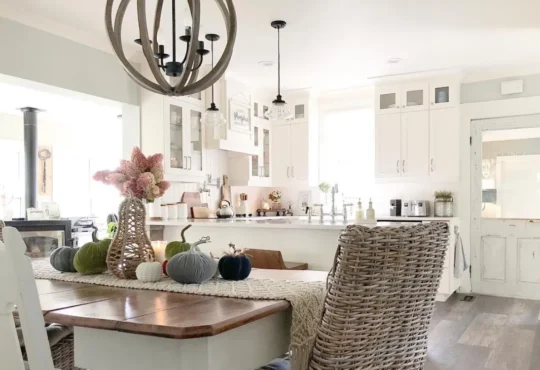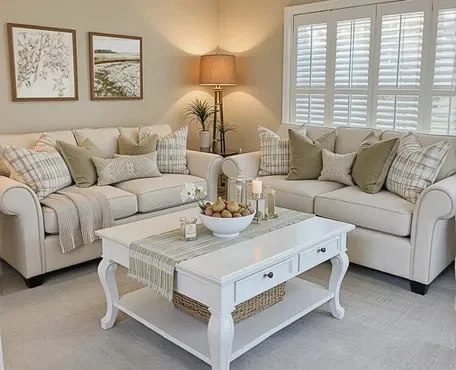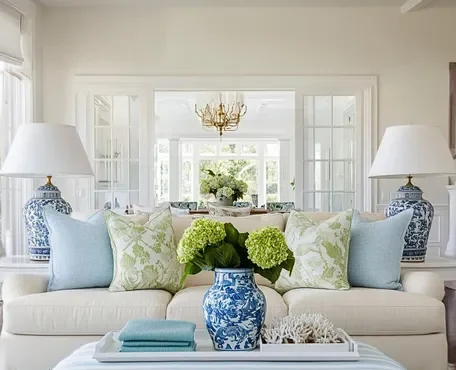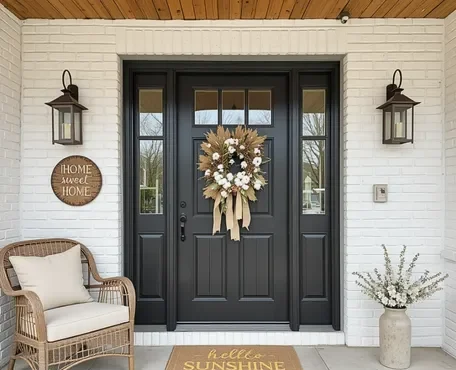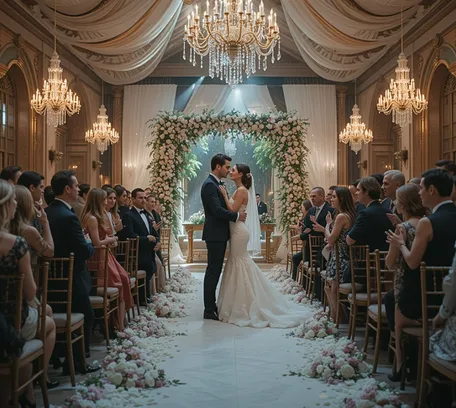
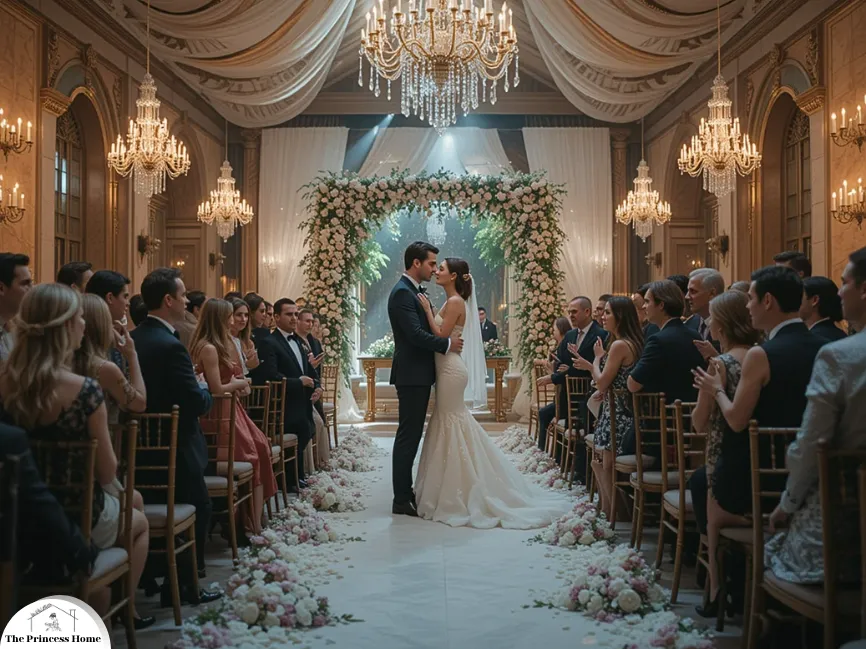
Average Cost of a Wedding: Breaking Down the Extravagance
The institution of marriage is a significant life event celebrated across cultures and societies. In recent times, however, the extravagance associated with weddings has reached unprecedented levels. The average cost of a wedding has become a subject of interest and concern, sparking debates about societal values, financial responsibility, and the commodification of love. This essay delves into the factors contributing to the rising average cost of weddings, explores the implications of this trend, and examines potential alternatives for more meaningful and cost-effective celebrations.
This essay explores the rising cost of weddings, its implications, and alternatives for meaningful, budget-friendly celebrations.

Average Cost of a Wedding
A wedding is often one of the most memorable and celebrated events in a person’s life. It’s a day of love, unity, and joy, shared with family and friends. However, such grandeur often comes at a significant cost. Understanding the average cost of a wedding and where those expenses typically go can help couples plan more effectively and make informed decisions.
The Average Cost of a Wedding
According to recent data, the average cost of a wedding in the United States hovers around $30,000. However, this figure can vary significantly based on factors like location, guest count, and personal preferences. A small, intimate wedding may cost under $10,000, while lavish celebrations in high-demand cities can easily exceed $100,000.

Breaking Down the Key Expenses
To understand how wedding budgets are allocated, let’s examine the major categories and their average costs:
1. Venue
The venue often consumes the largest portion of the wedding budget. The average cost of a wedding venue ranges from $10,000 to $15,000, depending on the location and amenities. Popular venues, such as historic estates, beachfront properties, and high-end hotels, often charge premium rates.
2. Catering and Bar
Feeding your guests is another major expense. Catering costs can range from $50 to $150 per person, depending on the menu and level of service. An open bar or specialty cocktails can add another $2,000 to $5,000 to the total cost.
3. Wedding Attire
The attire for the bride, groom, and wedding party can add up quickly. The average wedding dress costs between $1,000 and $4,000, while a tailored suit for the groom may range from $300 to $1,000. Accessories, shoes, and alterations further contribute to this category.
4. Photography and Videography
Capturing the memories of the big day is essential. Professional photographers typically charge between $2,000 and $6,000, while videographers cost an additional $1,500 to $4,000. Packages that include both services often offer savings.
5. Flowers and Décor
Floral arrangements, centerpieces, and other decorations can transform a venue into a dream setting. Couples typically spend $2,000 to $5,000 on flowers and décor, although intricate designs or exotic blooms can increase this expense.
6. Entertainment
Music and entertainment are vital for creating a lively atmosphere. Live bands can cost between $3,000 and $10,000, while DJs are a more budget-friendly option at $1,000 to $2,500. Additional entertainment, like photo booths or performers, may add another $500 to $2,000.
7. Invitations and Stationery
Custom invitations, save-the-dates, and programs typically cost between $500 and $2,000. Digital invitations or DIY options can help reduce this cost.
8. Rings
Wedding bands for the couple can range from $500 to $5,000 or more, depending on the materials and designs. Custom or designer rings often come with a higher price tag.
9. Miscellaneous Expenses
Other costs, such as transportation, favors, and marriage licenses, can add another $1,000 to $3,000. Couples should also consider tipping vendors and accounting for unexpected expenses.
Factors Influencing Wedding Costs
Several factors can influence the overall cost of a wedding, including:
- Guest Count: More guests mean higher costs for catering, seating, and favors.
- Season and Day: Weddings during peak seasons or on Saturdays often come with premium pricing.
- Location: Urban areas and popular destinations typically have higher costs than rural or less sought-after locations.
- Customization: Personalized details, luxury brands, and unique themes can significantly increase expenses.
Ways to Save Without Sacrificing Quality
Couples can still have a beautiful wedding while staying within budget by:
- Choosing Off-Peak Dates: Opt for a weekday or offseason wedding to save on venue and vendor costs.
- Scaling Down the Guest List: Fewer guests can result in substantial savings.
- DIY Projects: Creating your own décor or favors can reduce costs and add a personal touch.
- Limiting Extravagance: Focus on a few key elements that matter most to you and scale back on others.
- Negotiating with Vendors: Many vendors are willing to work within your budget if you communicate openly.
Conclusion
A wedding is a joyous occasion, but it’s essential to balance dreams with financial realities. By understanding the average costs and prioritizing what’s most important, couples can create a memorable day that reflects their love without overspending. With careful planning and a bit of creativity, the wedding of your dreams can become a reality—at a price you’re comfortable with.
Here are some frequently asked questions related to the article :
Q1: Why have wedding costs been increasing over the years?
A: The rising average cost of a wedding can be attributed to a variety of factors. These include societal pressures and expectations to have lavish ceremonies, influence from media and popular culture that sets unrealistic standards, the commercialization of the wedding industry, emotional investments that lead to overspending, and the pressure to invite large guest lists, among others.
Q2: What are the consequences of overspending on weddings?
A: Overspending on weddings can have significant consequences. It can lead to financial strain, causing stress and conflicts for the newlyweds. Moreover, the focus on materialism can overshadow the true meaning of the wedding – the celebration of love and commitment. Priorities might get misaligned as funds that could be better used for important life goals are directed towards a one-day event. Additionally, the environmental impact of extravagant weddings, in terms of resource consumption and waste generation, cannot be ignored.
Q3: How does media influence the perception of weddings?
A: Media, including movies, television shows, and social media platforms, often portray extravagant weddings as the norm. These depictions create unrealistic expectations for couples, encouraging them to seek out grand spectacles similar to those they see on screen. This influence can lead to a desire to emulate these lavish celebrations, contributing to the escalation of wedding costs.
Q4: What are some alternatives to extravagant weddings?
A: There are several alternatives to extravagant weddings. One option is to opt for more intimate celebrations with a smaller guest list, allowing for a more personal and meaningful atmosphere. Destination weddings can also be a cost-effective option, combining travel and celebration. Emphasizing experiences over material aspects by investing in memorable activities or hobbies is another approach. Additionally, involving the community in wedding preparations can reduce costs and add a personal touch to the event.
Q5: How do extravagant weddings impact the environment?
A: Extravagant weddings can have a significant environmental impact. These events often consume substantial resources and generate a considerable amount of waste. The large amounts of food, decorations, and other materials used in such weddings contribute to carbon emissions and environmental degradation. As sustainability becomes more important, it’s essential to consider the ecological footprint of extravagant celebrations.
Q6: How can couples strike a balance between celebrating and overspending?
A: Couples can strike a balance by reevaluating their priorities and motivations for the wedding. Communicating openly about budget constraints and expectations is crucial. “Embrace the essence of the event: vows, love, and meaningful celebration. Consider alternatives and involve loved ones to avoid overspending.”


